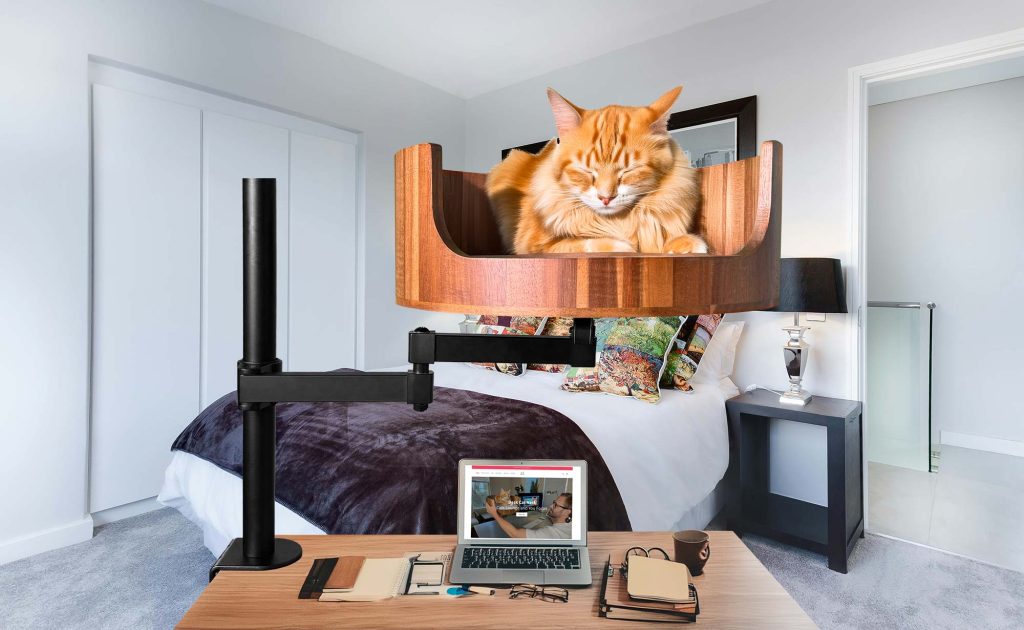If you’ve ever caught your feline friend chewing on plastic bags or other materials, you may be wondering why on earth they engage in such a peculiar behavior. Cats are known for their quirky habits, and chewing on plastic is definitely one of the more puzzling ones. In this article, we will delve into the reasons why cats chew on plastic and what you can do to prevent this behavior.
First and foremost, we’ll explore the potential reasons behind your cat’s plastic-chewing habit. From boredom and anxiety to a nutrient deficiency, there are several factors that may be driving your kitty to nibble on non-edible items. Understanding the underlying cause can help you address the issue effectively. Additionally, we will provide tips and strategies for keeping your cat away from plastic and redirecting their chewing behavior to more appropriate items, such as cat toys or chew treats. By gaining insight into your cat’s behavior and taking proactive steps, you can ensure a safe and healthy environment for your furry companion.
1. Cats chew plastic due to pica, a condition where they crave non-food items.
2. It is essential to identify the underlying cause of the behavior, such as stress, boredom, or nutritional deficiencies.
3. Providing alternatives like chew toys, interactive playtime, and puzzles can help redirect your cat’s chewing habits.
4. Keep plastic items out of reach to prevent ingestion and potential health risks.
5. Consult with a veterinarian if your cat’s plastic-chewing behavior persists, as it could indicate a more serious health issue.
Causes of Plastic Chewing in Cats
Cats may chew on plastic materials for a variety of reasons. One possible cause is that the texture of plastic can mimic the feeling of prey in a cat’s mouth, triggering their instinct to hunt and play. Another reason could be that cats may find the smell of certain plastics appealing or interesting. Additionally, some cats may have pica, a condition that causes them to eat non-food items like plastic due to nutritional deficiencies or behavioral issues.
Risks of Plastic Chewing for Cats
Chewing on plastic can pose several risks to cats’ health. If a cat ingests small pieces of plastic, it can lead to intestinal blockages, which may require surgical intervention to remove. Plastic may also contain toxins or chemicals that can be harmful if ingested. In some cases, chewing on plastic can cause dental issues, such as broken teeth or oral injuries.
Preventing Plastic Chewing Behavior in Cats
To prevent cats from chewing on plastic, it’s important to address the underlying reason for the behavior. Providing your cat with appropriate toys, scratching posts, and interactive play sessions can help satisfy their hunting instincts and keep them engaged. Ensuring that your cat has a balanced diet and providing environmental enrichment can also help reduce the likelihood of pica-related plastic chewing. If necessary, consult with a veterinarian or animal behaviorist for additional guidance on managing your cat’s plastic chewing behavior.
Frequently Asked Questions
Why does my cat chew plastic?
Cats may chew on plastic for a variety of reasons, including curiosity, stress, boredom, or a nutritional deficiency. It’s important to monitor your cat’s behavior and consult with a veterinarian if you are concerned.
Will the Desk Cat Nest help prevent my cat from chewing plastic?
The Desk Cat Nest provides a cozy and comfortable space for your cat to rest and play, which can help alleviate boredom and reduce the likelihood of chewing on plastic objects. However, it is still important to address the root cause of your cat’s behavior.
Is the Desk Cat Nest safe for my cat to use?
Yes, the Desk Cat Nest is designed with your cat’s safety and comfort in mind. It is made of durable materials that are safe for your feline friend to use. Just be sure to supervise your cat while they are using the nest to ensure their safety.
Can I wash the Desk Cat Nest?
Yes, the Desk Cat Nest is machine washable for easy cleaning. Simply remove the cover and wash it on a gentle cycle with mild detergent. Be sure to air dry the nest completely before allowing your cat to use it again.
How can I encourage my cat to use the Desk Cat Nest instead of chewing on plastic?
Introduce your cat to the Desk Cat Nest gradually by placing treats or toys inside to entice them. You can also try spraying catnip on the nest to attract your cat’s attention. Positive reinforcement and patience will help encourage your cat to use the nest instead of chewing on plastic.
In conclusion, providing your cat with a Desk Cat Bed can help alleviate the behavior of chewing on plastic. This cat bed not only offers a comfortable and safe space for your feline friend to relax and play, but it also helps redirect their chewing behavior towards a more appropriate and enjoyable activity. By investing in a Desk Cat Bed, you are not only giving your cat a cozy place to rest, but also promoting their overall health and well-being. Say goodbye to plastic-chewing habits and hello to a happier, healthier cat with a Desk Cat Bed.


